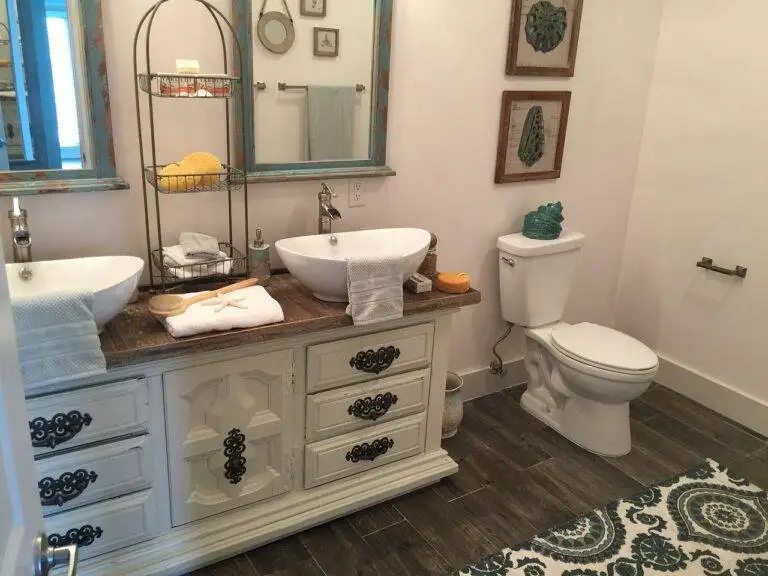The Future of Appliance Design in Sustainable Developments: Goldbet7, Radheexch, 11xplayonline
goldbet7, radheexch, 11xplayonline: The future of appliance design in sustainable developments is a topic that is gaining increasing importance in today’s environmentally conscious world. As we strive towards a more sustainable future, it is crucial to consider the role that appliances play in reducing energy consumption, minimizing waste, and ultimately, protecting our planet. In this blog post, we will explore the latest trends and innovations in appliance design that are shaping the way we live and work towards a greener future.
Innovations in Energy-Efficient Appliances
One of the most significant advancements in appliance design is the development of energy-efficient models. Energy-efficient appliances are designed to consume less electricity while still providing the same level of performance as traditional models. These appliances not only help reduce greenhouse gas emissions but also save consumers money on their energy bills. From refrigerators to washing machines, manufacturers are constantly working to improve the energy efficiency of their products.
Smart Appliances for a Connected Home
Another exciting trend in appliance design is the rise of smart appliances. These connected devices can be controlled and monitored remotely through smartphones or tablets, allowing users to adjust settings, receive notifications, and track energy usage in real-time. Smart appliances not only offer convenience but also help users optimize their energy consumption and reduce waste. With the growth of the Internet of Things (IoT), we can expect to see even more innovative features in smart appliances in the coming years.
Sustainable Materials and Manufacturing Processes
In addition to energy efficiency and connectivity, appliance manufacturers are also focusing on using sustainable materials and eco-friendly manufacturing processes. From recycled plastics to bamboo fibers, companies are exploring new ways to reduce their environmental impact and create products that are sustainable from production to disposal. By choosing appliances made from sustainable materials, consumers can make a positive impact on the environment and support companies that prioritize sustainability.
Designing for Longevity and Repairability
One of the key principles of sustainable design is creating products that are built to last. In the past, many appliances were designed with planned obsolescence in mind, leading to shorter lifespans and increased waste. However, a shift towards designing for longevity and repairability is gaining momentum in the industry. By making appliances easier to repair and using durable materials, manufacturers can help extend the lifespan of their products and reduce the need for frequent replacements.
Integration of Renewable Energy Sources
As renewable energy sources become more prevalent, we can expect to see appliances that are designed to integrate with these technologies. For example, solar-powered refrigerators and wind-powered washing machines are already in development, offering consumers a more sustainable way to power their appliances. By harnessing the power of renewable energy, we can reduce our reliance on fossil fuels and move towards a cleaner, greener future.
In conclusion, the future of appliance design in sustainable developments is bright, with manufacturers focusing on energy efficiency, connectivity, sustainable materials, longevity, and renewable energy integration. By choosing eco-friendly appliances and embracing innovative technologies, we can all play a part in creating a more sustainable world for future generations.
—
**FAQs**
What are the benefits of energy-efficient appliances?
Energy-efficient appliances help reduce electricity consumption, save money on energy bills, and reduce greenhouse gas emissions.
How can I make my home more sustainable with smart appliances?
By investing in smart appliances, you can monitor and control your energy usage, optimize efficiency, and reduce waste in your everyday life.
Why is designing for repairability important in appliance design?
Designing appliances for repairability helps extend their lifespan, reduce waste, and promote a circular economy by encouraging repair and reuse.
What are some eco-friendly materials used in appliance design?
Eco-friendly materials such as recycled plastics, bamboo fibers, and sustainable wood are increasingly being used in appliance design to reduce environmental impact.
How can renewable energy sources be integrated into appliances?
Renewable energy sources such as solar power and wind power can be integrated into appliances to provide a cleaner, more sustainable way to power our everyday devices.






